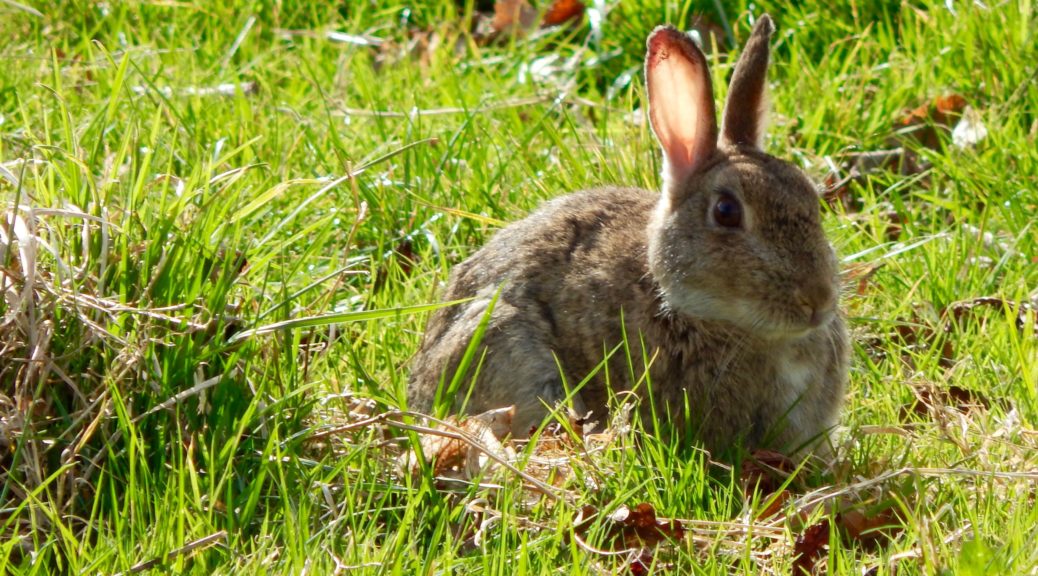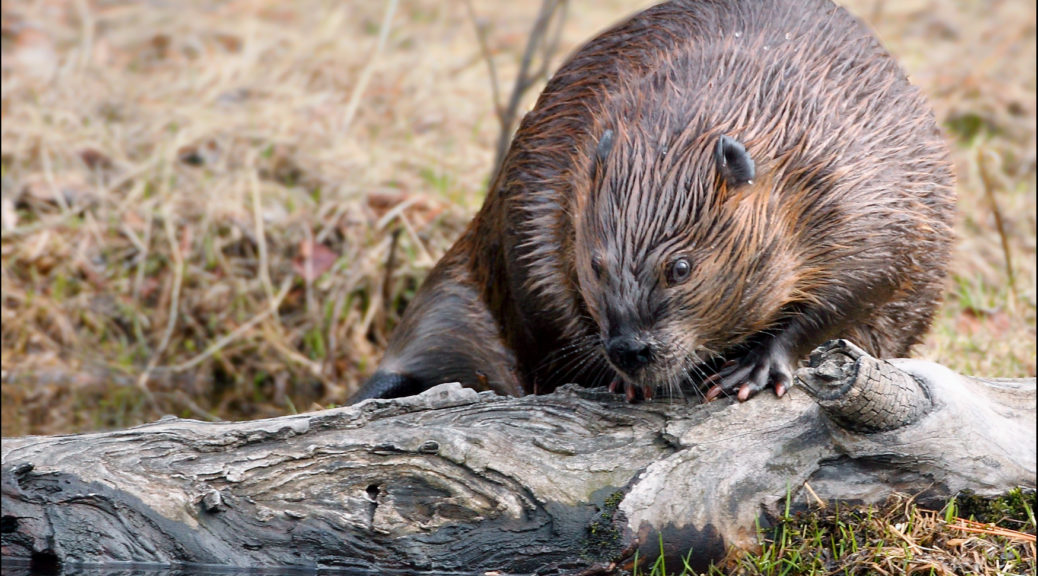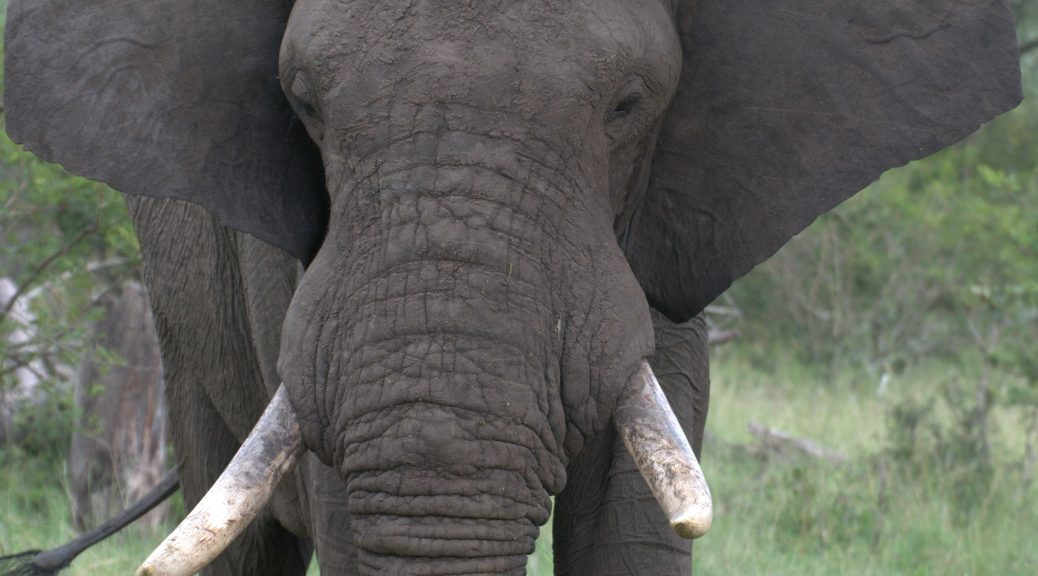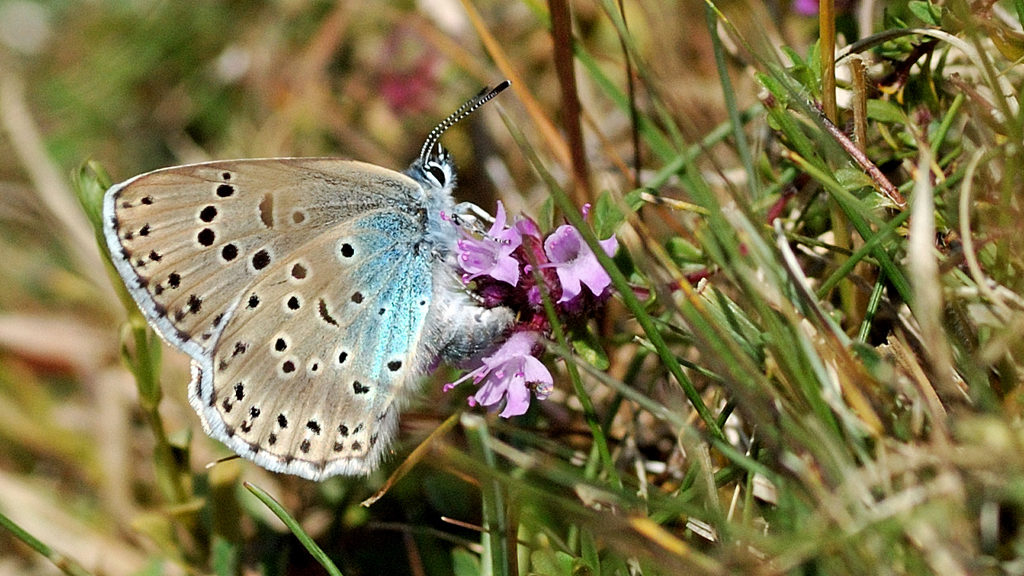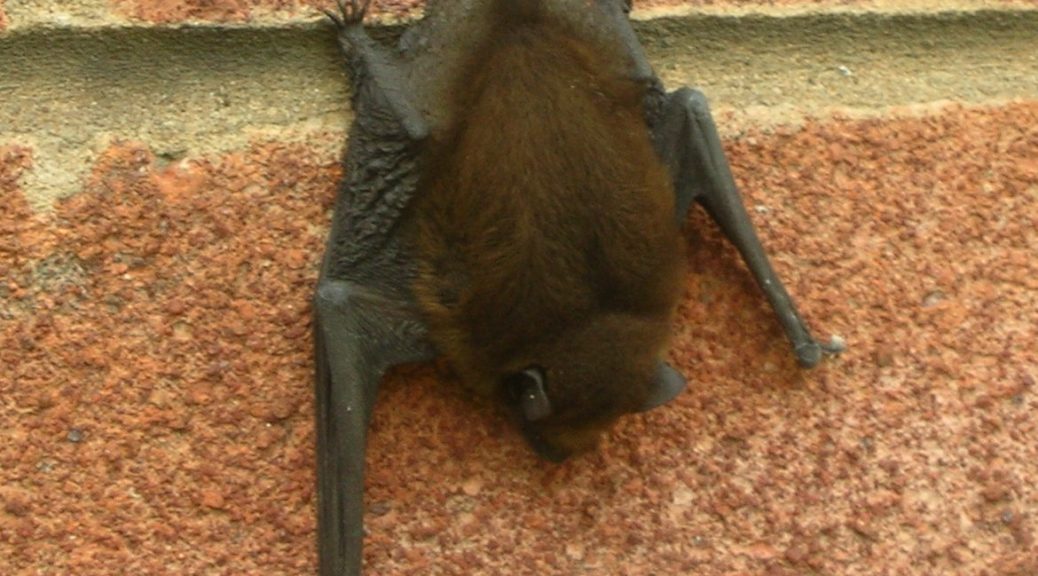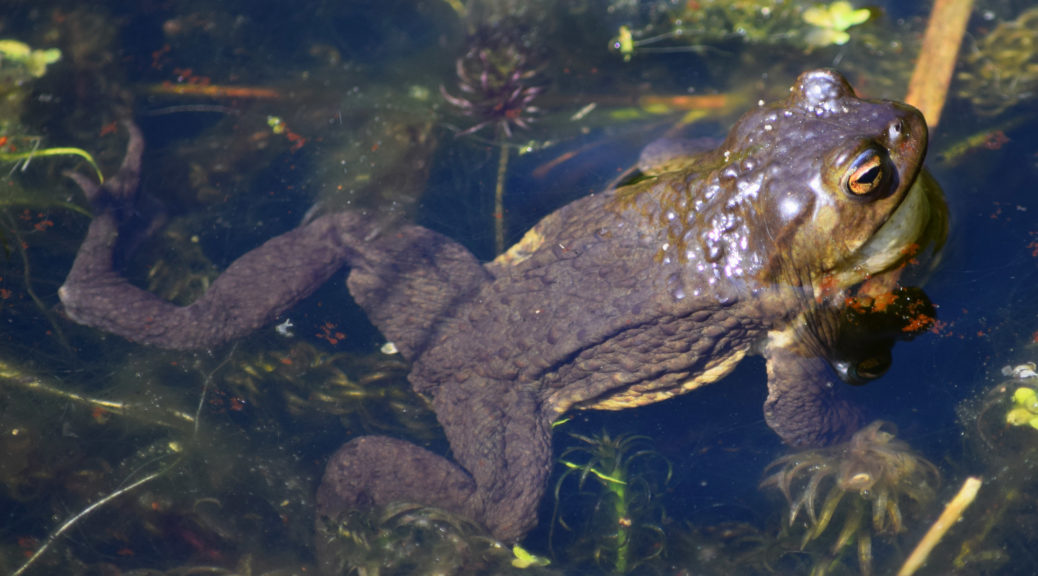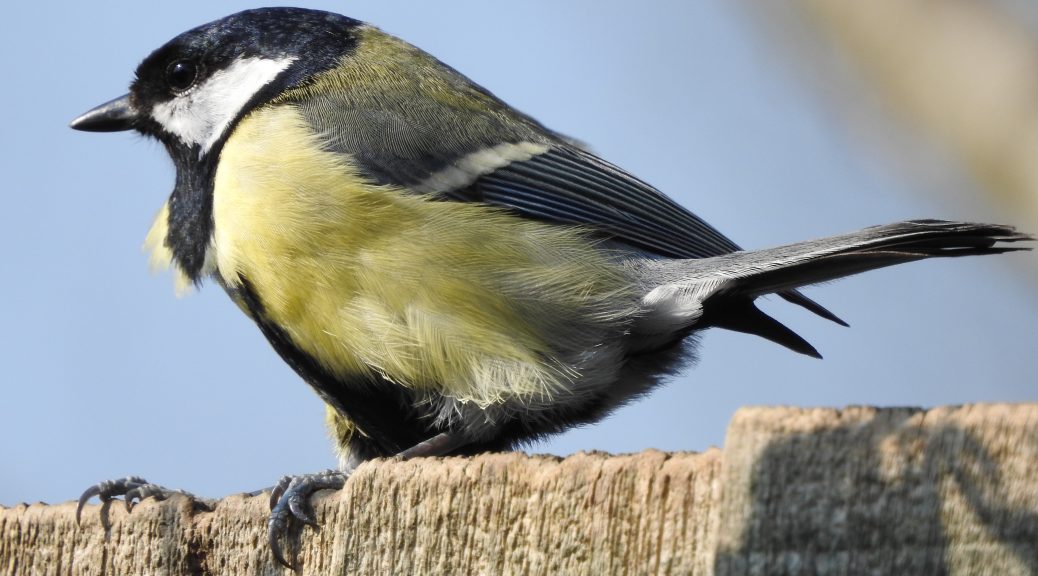The BBC report rabbits have been hopping around the UK since the Roman period, experts have been able to scientifically prove for the first time.
Tests on a rabbit bone, found at Fishbourne Roman Palace in West Sussex, have shown the animal was alive in 1AD. The 1.6in (4cm) piece of a tibia bone was found in 1964 but it remained in a box until 2017, when a zooarchaeologist realised that it came from a rabbit. Academics believe the animal could have been kept as an exotic pet.
Photo by Steve Marlow under creative commons

